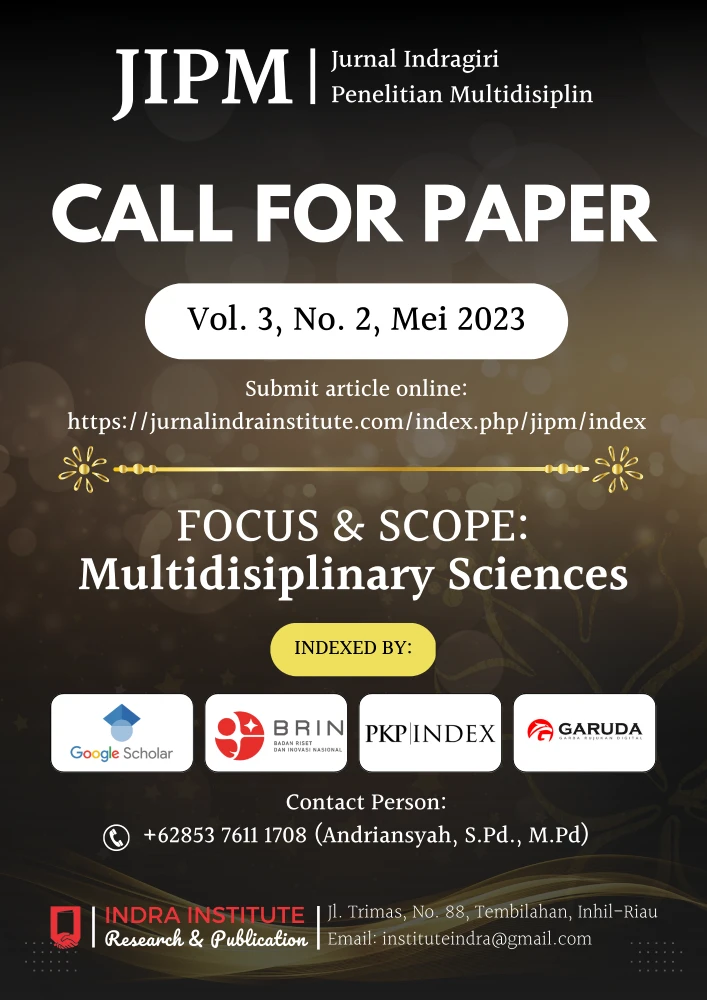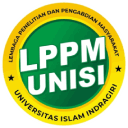Peran Lembaga Adat dan Aparat Penegak Hukum dalam Pencegahan Perkawinan di Bawah Umur
Keywords:
Customary Institutions, Law Enforcement Officers, MarriageAbstract
Child marriage remains a critical problem that negatively impacts children's social, educational, and health development. This study explores how traditional institutions and law enforcement authorities contribute to preventing early marriage in Kampung Empus Talu, Bebesen District, Takengon, Central Aceh, with reference to Law No. 23 of 2002 on Child Protection and Law No. 16 of 2019 on Marriage. Employing a qualitative method, the research gathers data through interviews, observations, and documentation involving customary leaders, village authorities, local communities, and law enforcement personnel. The study reveals that customary institutions hold a pivotal role in promoting traditional values and acting as mediators in discouraging early marriages. At the same time, law enforcement officers contribute by offering legal education, enforcing relevant laws, and guiding families through the marriage dispensation process. Nonetheless, challenges persist, including low public awareness of legal standards and entrenched cultural norms that perpetuate child marriage. Thus, enhancing collaboration between customary institutions and legal authorities—particularly through culturally grounded legal education—is essential to improving prevention efforts.
Downloads
Published
How to Cite
Issue
Section
License
Copyright (c) 2025 Jurnal Indragiri Penelitian Multidisiplin

This work is licensed under a Creative Commons Attribution-NonCommercial-ShareAlike 4.0 International License.




















